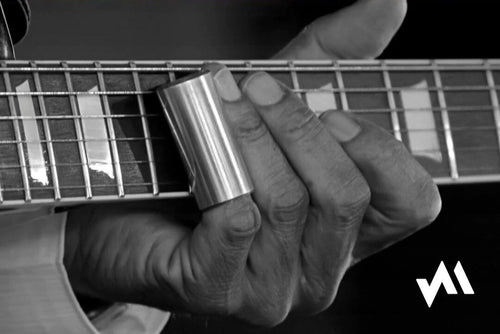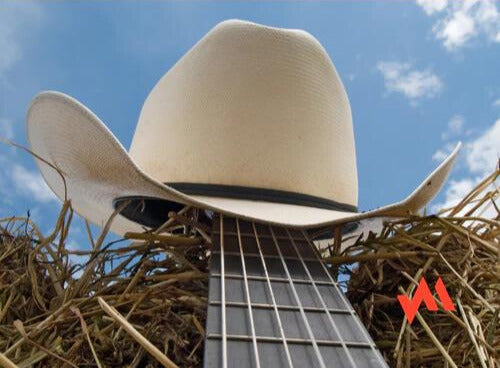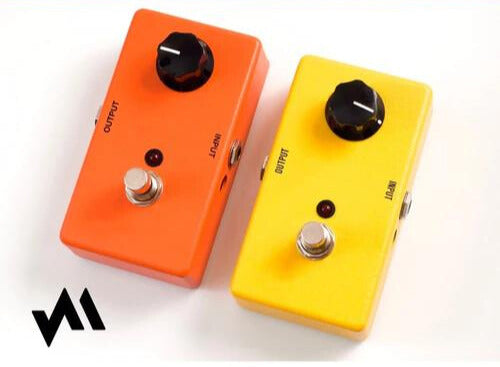JamBlog - guitar
Only the most valuable and fun content for forward thinking musicians


Take your Slide Guitar Playing from Frustrating to Fun!
We’re serving up some simple techniques to improve your slide guitar playing, and take your technique to the next level.


Finding Classic Country Tone on any Guitar or Amp
The first word that gets associated with country guitar tone is twang, a word that evokes both plunky banjos and wailing steel guitars, and usually means bright, clear, and punchy. Gear wise, this means single coil pickups and clean guitar amps.


Baby’s Got the Bends: 4 Techniques to Make Your Guitar Wail
What is it about bending that is so intoxicating to the listener? It’s hard to say, but my sense is that bending is what makes the guitar “sing”. As humans, we have a deep and natural connection to the human voice, our primary method of communication, which is why singing evokes an emotional response from the listener. Bending strings sounds like singing, emotional singing sounds like wailing, so turn up the guitar amp - we're gonna make your fretboard cry.


The 5 Types of Guitar Effects - and where your favourite pedals fit in
Most guitar effects have names that describe the sound they make (like Fuzz or Wah-wah) while others have names that describe the process of making the sound (like Phaser or Overdrive), but here we’ll try to take a scientific approach, asking “what are the properties of the sound and what are the ways they can be altered”? Or better yet, “what the heck does this pedal do?”


Break Out of the Box With These Pentatonic Patterns
A scale pattern in a closed position (no open strings) that sticks to roughly the same grouping of frets is called a box pattern. While this is a perfectly valid and reasonable approach, let’s be honest - who wants to be put in a box anyway?! As you progress on your journey to soloing greatness, perhaps the most beneficial scale pattern to learn is called the Diagonal Pentatonic Scale. Don’t worry - it’s less difficult than it sounds.


Nashville Numbers (and why the capo is your friend)
I’ve found that by capo-ing into a place where I can play familiar chord formations it’s been easier to learn songs on the fly. But I’d be remiss if I didn’t give the bulk of the credit to a handy tool that’s helped simplify communication between musicians: the Nashville Number System.







 Inspiration
Inspiration
 Products and Community
Products and Community